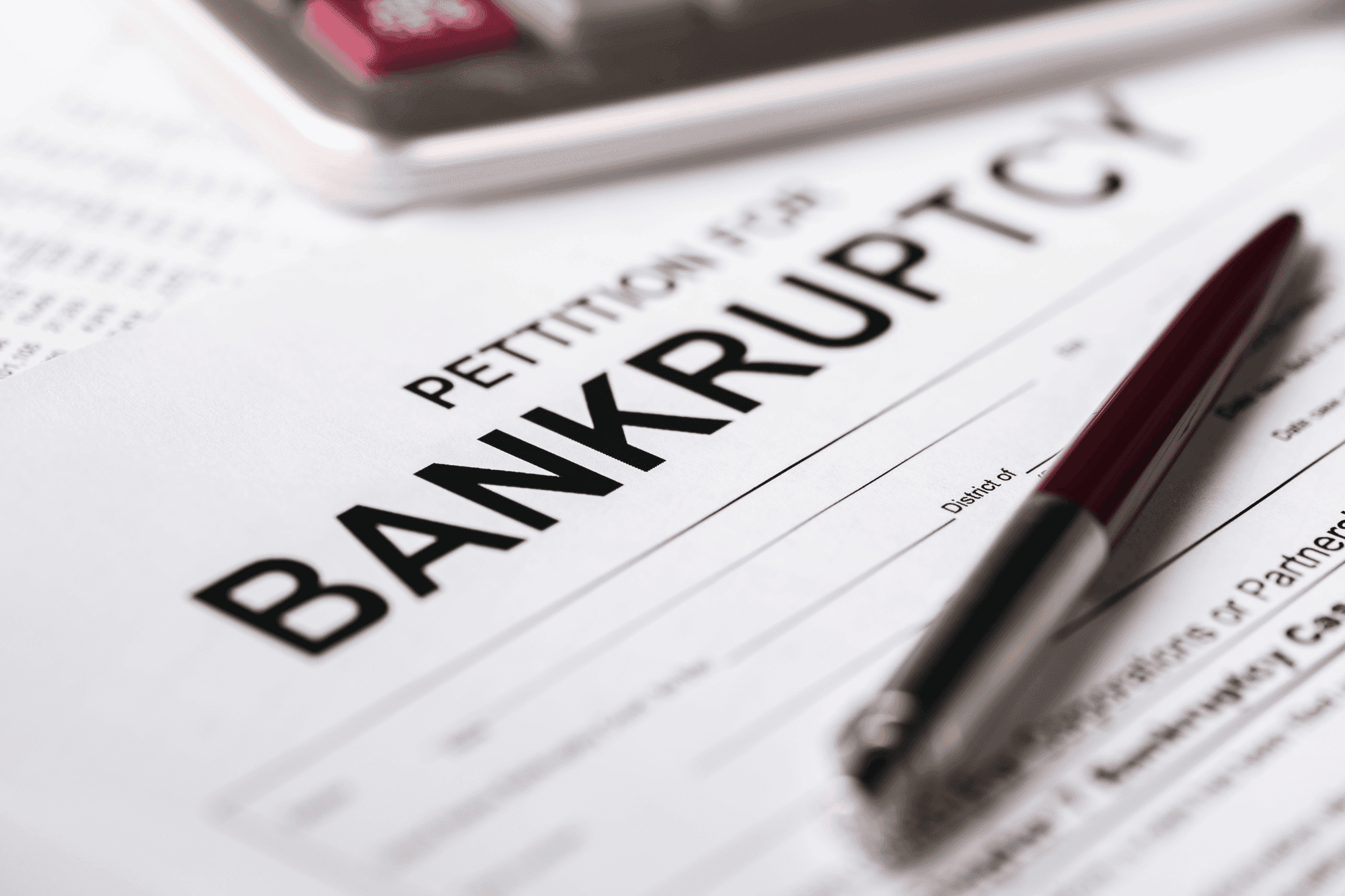Guide
The Legal Process Timeline: Why Lawsuits Take Time and How to Stay Financially Afloat
The Legal Process Timeline: Why Lawsuits Take Time and How to Stay Financially Afloat
Apr 11, 2025
Apr 11, 2025


Back to blogs
Back to blogs
If you’ve filed a lawsuit, you might expect a resolution within a few weeks or months. Unfortunately, the legal process is rarely that fast. Many personal injury, employment, and civil cases can take a year or more to reach a conclusion. This delay can leave plaintiffs facing serious financial strain—especially when medical bills, lost wages, and everyday expenses continue to pile up.
In this article, we’ll explain why lawsuits often take longer than expected and how pre-settlement funding can help you stay financially stable while waiting for justice.
Why Lawsuits Take Time
Lawsuits are complex, multi-step processes that involve legal procedures, negotiations, and court schedules. Here’s a breakdown of the typical timeline and why delays are common:
1. Investigation and Filing
Before a lawsuit is filed, your attorney must gather evidence, consult experts, and build a strong case. This can take weeks or even months.
2. Discovery Phase
Once the case is filed, both sides exchange information in a process called discovery. This includes:
Depositions
Medical record reviews
Interrogatories (written questions)
Requests for documentation
Why It’s Slow: Gathering and reviewing evidence takes time, especially if one party is uncooperative or the case is complex.
3. Negotiation and Mediation
Most lawsuits are settled before trial. However, settlement negotiations often take several rounds and may involve mediators.
Why It’s Slow: Insurance companies may delay to wear you down financially, hoping you’ll accept a low offer.
4. Court Scheduling Conflicts
If your case proceeds to trial, scheduling with courts can cause additional delays due to backlog and limited availability.
5. Appeals and Post-Trial Motions
Even after a verdict, either party can file appeals or motions that extend the timeline further.
The Financial Toll of Legal Delays
While the legal system takes its time, your bills won’t wait. Many plaintiffs face:
Lost income from time off work
Ongoing medical treatments
Housing and utility costs
Debt accumulation from credit cards or loans
Financial stress can make it tempting to settle early—even for less than you deserve.
How Pre-Settlement Funding Helps Bridge the Gap
Pre-settlement funding provides a cash advance based on your expected settlement. It’s non-recourse, which means you only repay if you win or settle your case.
Key Benefits:
Covers urgent expenses like rent, groceries, and medical bills
Helps you avoid taking high-interest loans or racking up credit card debt
Gives you the financial breathing room to wait for a fair settlement
Use It For:
Everyday living expenses
Essential medical care
Transportation or childcare
Staying Financially Afloat During a Long Lawsuit
1. Budget Carefully
List your monthly expenses and prioritize essentials. Look for ways to reduce discretionary spending.
2. Communicate with Creditors
Some creditors offer hardship plans or deferments for individuals involved in legal cases.
3. Apply for Pre-Settlement Funding
If your case qualifies, funding can offer immediate relief. Choose a provider with:
Transparent terms
Non-recourse structure
Capped fees and simple interest
4. Avoid Settling Too Early
Settling quickly can mean leaving money on the table. With funding, you can hold out for a better offer without financial pressure.
Final Thoughts
The legal process takes time—but that doesn’t mean you should suffer financially while waiting for your case to settle. By understanding the litigation timeline and planning ahead, you can stay afloat during the process.
Pre-settlement funding is a powerful tool that gives plaintiffs the ability to wait for justice without sacrificing financial stability. If you're struggling to make ends meet while your case progresses, it might be the right solution for you.
Need Help Staying Financially Secure During a Lawsuit?
Contact us today to learn more about pre-settlement funding and how it can bridge the gap until your case resolves.
Other Blogs
Other Blogs
Waiting on a Settlement? Get Cash Now!
Instabridge Funding provides fast, risk-free legal funding.
Waiting on a Settlement? Get Cash Now!






































































































































































